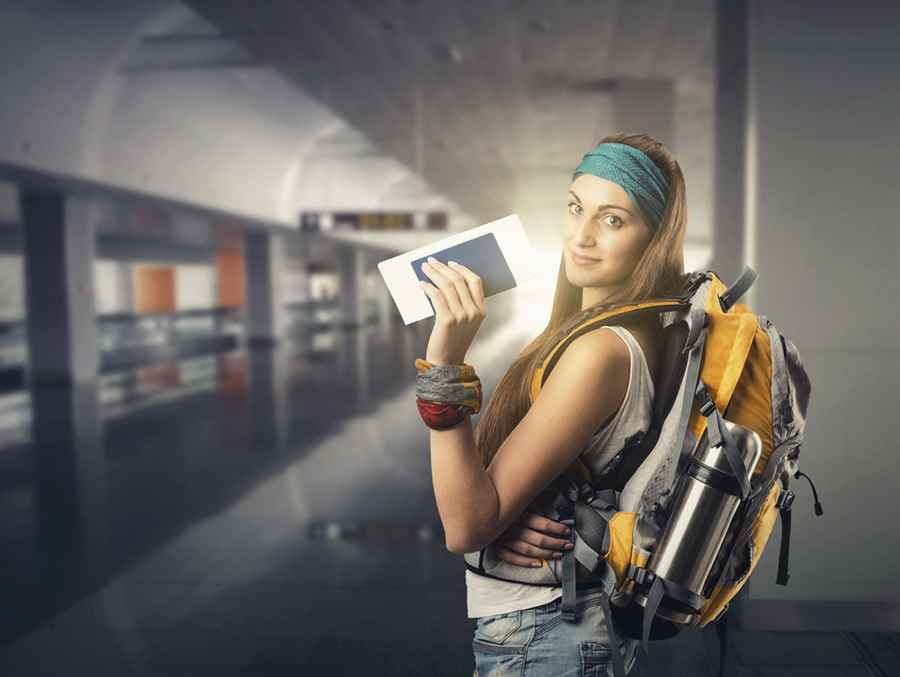Safe Online Habits Every Traveler Needs to Adopt
Staying vigilant about cybersecurity is crucial, especially when you're on the move. Whether you're jetting off on a business trip or embarking on a leisurely vacation, safeguarding your online presence should be a top priority.

From securing your devices to practicing safe browsing, we've got you covered with expert insights to ensure your digital safety while on the road.
Safe Online Habits for Traveling
Stay Cautious on Public Wi-Fi Networks
Public Wi-Fi networks are convenient when you’re traveling, but they can pose substantial security risks. Cybercriminals often lurk on these networks, ready to intercept your data. If you can’t avoid using Wi-Fi, try connecting to a password-protected one rather than an open network. Furthermore, avoid making purchases or sharing sensitive information like credit card details or confidential work documents. Lastly, consider using a VPN to protect all data transfers. It encrypts your data in traffic, securing it from hackers prying eyes.
Prioritize Password Protection
Your passwords act as digital gatekeepers to your sensitive information. Crafting strong and unique passwords for each account is essential for fortifying your online accounts. Incorporate a mix of uppercase and lowercase letters, numbers, and symbols to create robust passwords. Consider using a reputable password manager to securely generate and store these complex passwords. This way, even if one account is compromised, other accounts remain safeguarded.
Secure Physical Access to Your Devices
While focusing on digital safety, pay attention to the importance of physical security. Keep your devices protected with strong passwords, PINs, or biometric authentication.
Use Encrypted Communication Channels
Opt for encrypted communication channels, such as secure messaging apps and encrypted email services, whenever possible. Encryption transforms your data into a code that can only be deciphered with the appropriate encryption key. By implementing this approach, even in the event of interception, your messages will remain incomprehensible to unauthorized parties. Consider using Signal or Telegram instead of other non-encrypted messenger apps to ensure your everyday communication stays between you and people you communicate with.
Be Cautious When Sharing on Social Media
Sharing your travel experiences on social media is common, but it can inadvertently reveal your absence from home, making you a potential target for burglars. Limit the information you share about your whereabouts and plans, and consider adjusting your privacy settings to control who can view your posts.
Avoid Public Charging Stations
Public charging stations may seem convenient, but they can be potential hubs for malware distribution. Hackers can modify charging cables or stations to inject malware into your device when connected. To mitigate this risk, carry a portable charger or connect your charging cable to a trusted power source.
Conclusion
As you embark on your travels and think of using the internet on your trip, don't let cybersecurity take a back seat. Safe online habits are essential to protect your personal information and digital identity from cyber threats.
FAQs
Q: Are password managers safe to use?
A: Reputable password managers use advanced encryption methods to store your passwords securely. They are designed to protect your passwords from breaches and are generally considered a safe way to manage your login credentials.
Q: Can I use the same password for multiple accounts if it's strong?
A: Using the same password for multiple accounts is not recommended, even if it's strong. If a single account is compromised, it exposes the risk to all your other accounts. Consider utilizing a password manager to create and securely store distinct passwords for each account as a prudent alternative.